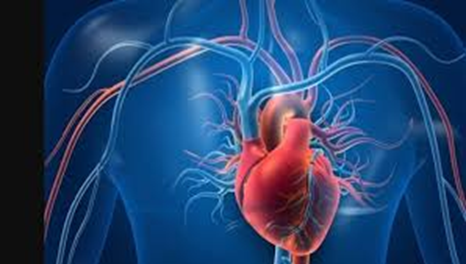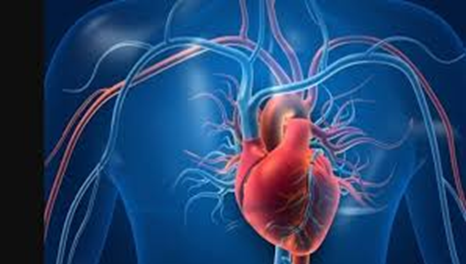Congenital
Heart disease
Overview
Congenital heart disease is
a structural abnormality of the heart present at birth. The defect is usually
present in the blood vessels near the heart, which obstructs the blood flow.
There are two types of congenital disease: cyanotic (the skin becomes blue in color
due to lack of oxygen) and non-cyanotic. The exact cause of the disease is not
identified in most cases. However, retinoic acids, chemicals, alcohol, and infection
with rubella virus during pregnancy may be factors in congenital heart
problems.
According to a study
published in the India Academy of Pediatrics, congenital heart disease is a
condition seen in every 3.9 births per one thousand births in India. As
described by Dr Amar Singhal, Congenital heart disease is a defect in the heart
at the time of birth. It is the structural or functional malfunctioning of the
heart that is caused during its formation. While in some cases these defects
are caught right after birth, in other cases it may be reported later in the
child’s li
Causes
According to Dr Amar
Singhal, ‘The cause of congenital heart disease is unknown, but it is believed
that the defect occurs when there is some obstruction in the formation of the
fetus heart. The heart of the fetus is formed from a tube-like structure, around
the fifth week of pregnancy. Any factor that stops this formation can lead to
congenital heart disease.’
Risk Factors
There are a number of things
that can lead to this condition in a baby, including genetic predisposition, if
the baby has Down ’s syndrome, if the mother suffers from conditions like
diabetes (type 1 and type 2, infections like rubella or flu. Also, takes medication like anti-seizure
medication, pain killers like ibuprofen, or anti acne medication. Other factors
like smoking and drinking alcohol while pregnant can also lead to this
condition in a baby
Symptoms
The common symptoms a child
may suffer from vary, but Dr Amar says that the common symptoms a parent should
look out for are –
Are cyanosis (blue or purple
appearance of the skin – especially the lips, ears, and mouth)
Increased respiratory rate
or difficulty breathing
Excessive sweating during
feeding
Not being able to suckle
Not accepting feed
The child becomes unconscious.
Diagnosis
The preliminary diagnosis is
based on the symptoms that the child comes to the doctor with, but confirming
the disease is done by clinical examination like –
ECG (Electrocardiogram)
Chest X-ray
Detailed 2D Echocardiogram
Treatment
Dr Amar says, ‘” A child has
both medical and surgical options depending on the severity of the symptoms.
Usually if the symptoms of the child persist or he/she is not responding to
medical intervention, a doctor may opt for surgical intervention.’ ‘The treatment
can cost anywhere two to three lakhs depending on the severity of the
condition.”
What questions should a
parent ask their doctor before opting for a treatment plan and during
diagnosis?
Dr Amar says that this is a
very taxing time for parents and can be quite confusing too. He suggests that
parents should ask their doctor about the chances of survival of their child
after the treatment, how difficult it will be for the child to cope, what
should they be ready for after the treatment (any disabilities or special needs
the child may have), what the complications of the surgery are and what the doctor’s prognosis for the child.
Prognosis
‘A child can definitely live
normally once they are treated appropriately. In fact, one of the most frequent
questions, I get from parents of girl babies with this condition is – will she
be able to have children despite having CHD? – And I say yes. She can carry a
child to term and deliver normally. All this, barring the fact that a woman
does not have any complications in her pregnancy,’ says Dr Amar.
Prevention
Here are few things a mother
can do during her pregnancy to help avoid this condition. Dr Amar advises that pregnant
women should avoid
Getting infections
Smoking
Alcohol
If she develops rubella syndrome,
she should think about terminating the pregnancy.
Apart from these, she should
also ensure that she has a proper balanced diet and gets regular checkups from
her gynecologist.
Jan Ricks Jennings, MHA,
LFACHE
Senior Consultant
Senior Management Resources,
LLC
JanJenningsBlog.Blogspot.com
412,813,9636 Cell
724.733.0509 Office
February 16, 2022




No comments:
Post a Comment